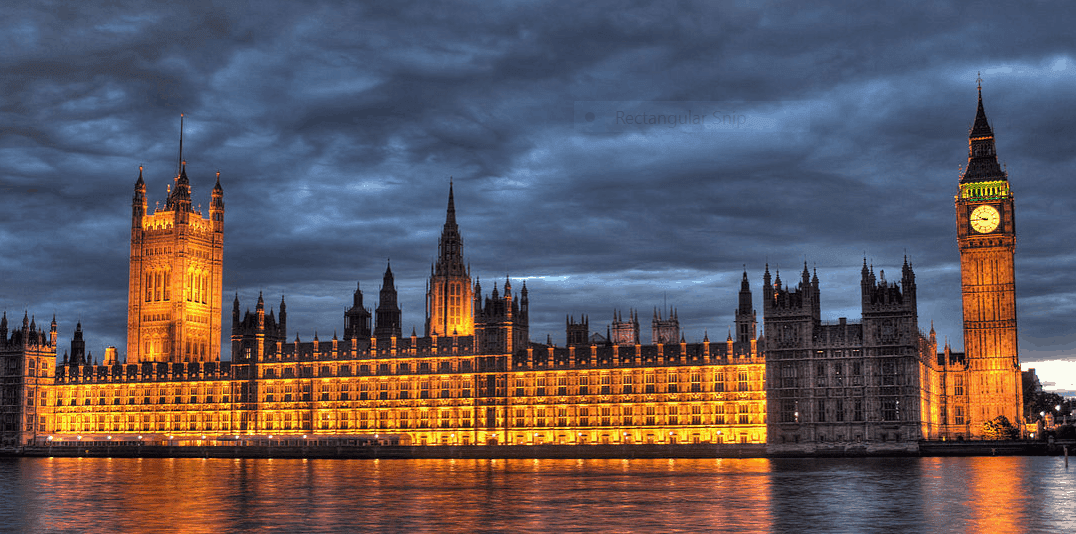As was noted in the ‘Harm report’ published in June last year and the Family Justice Council forum that was held on 14 December, there is mounting concern about the way family courts deal with allegations of domestic abuse that arise in some contact disputes.
Starting on 19 January, the Court of Appeal is hearing four appeals from judgments where these issues were featured. We understand that the hearings may be livestreamed – keep an eye on our tweets for updates.
Meanwhile, legislation on domestic abuse is going through Parliament – although most of this relates to criminal law, rather than directly involving children. The Domestic Abuse Bill had its second reading in the House of Lords on 5 January and has cross party support. Media coverage of the debate focused on attempts to have non-fatal strangulation made a specific criminal offence although the Government’s position remains that this type of crime can be dealt with under current legislation.
As noted in this report from ITV, the Bill has been subject to considerable delay.
Matters that seem to be generally agreed by parliamentarians are:
A new definition of domestic abuse, as follows, that applies to abusive behaviour between two people aged 16 or over and are personally connected to each other. Abusive behaviour can be (a) physical or sexual abuse; (b) violent or threatening behaviour; (c) controlling or coercive behaviour; (d) economic abuse; (e) psychological, emotional or other abuse. It does not matter whether the behaviour consists of a single incident or a course of conduct. It is clarified that victims of domestic abuse can include children who are present.
A new Domestic Abuse Commissioner, with wide powers, is to be appointed. Nicole Jacobs outlines her role here.
The introduction of a ‘DAPO’ – a domestic abuse prevention order.
New duties on local authorities to support victims of domestic abuse.
Unsurprisingly, several speakers wanted protective measures to go further. The main area of contention was the lack of support or access to legal advice for women who did not have UK nationality or settled immigration status. There seems little prospect of the Government conceding on this.
With regard to family court procedures:
Under clause 50 of the Bill, DAPOs may be made by family court judges under section 8 Children Act 1989 i.e. where they are dealing with applications relating to residence and contact (child arrangements orders).
There are arrangements to prevent cross examination of complainants by the alleged perpetrator.
Special measures (e.g. screens) can be put in place for complainants if this will assist them in giving their evidence, without them having to prove they are vulnerable witnesses.
Although family law is not changing under the Bill, the minister stated in response to questions about contact issues:
Last June we published the findings of the expert panel established to examine how effectively the family courts respond to allegations of domestic abuse and
other serious offences in private law proceedings. While the current law is clear that the welfare of the child is paramount in making decisions about contact, the panel concluded that in some cases involving domestic abuse the courts are not striking the right balance between the child’s right to a relationship with both parents and the well-being of both the child and the parent victim.
That is why we have committed to undertake a review of the presumption of parental involvement as it currently stands. The review will consider how the presumption is currently applied by the courts, as well as reviewing the existing body of research in this area. However, while we fully recognise the need for swift action in the light of the panel’s findings, we also need to ensure that the full spectrum of issues and potential impacts can be considered in the round. The presumption of parental involvement is wide-ranging and we must be certain that any changes are fully considered. (col 129)
It appears from a number of speeches that proposed amendments are also anticipated that would introduce a presumption against a child having contact with a parent who is charged with domestic abuse offences.

“It appears from a number of speeches that proposed amendments are also anticipated that would introduce a presumption against a child having contact with a parent who is charged with domestic abuse offence”
WHAT?
So much for the presumption of innocence in the criminal courts; so much for the rule that s/he who asserts must prove in the civil and family courts.
The word will get round on social media – and through solicitors, I fear – that “if you say he abused her you will get legal aid and they’ll stop him seeing the children”.
A man said to be a domestic abuser is already a legal punch-bag; he is refused legal aid and not allowed to cross-examine the witness on whose evidence he may lose his children and his home. I can only hope that there is some Member of either House who will stand up and say that this is a bridge too far.
Hi Andrew, this was mentioned by a number of speakers so I thought I should refer to it. To clarify, I think it may be put forward as an amendment to the Bill at a later stage but I don’t know the exact wording proposed or that the Government will support it. It would be intended to apply where a parent was actually charged and awaiting trial for criminal offences and, like the current presumption for contact, could be rebutted if the child’s welfare required. But have a look at the Lords’ speeches yourself.